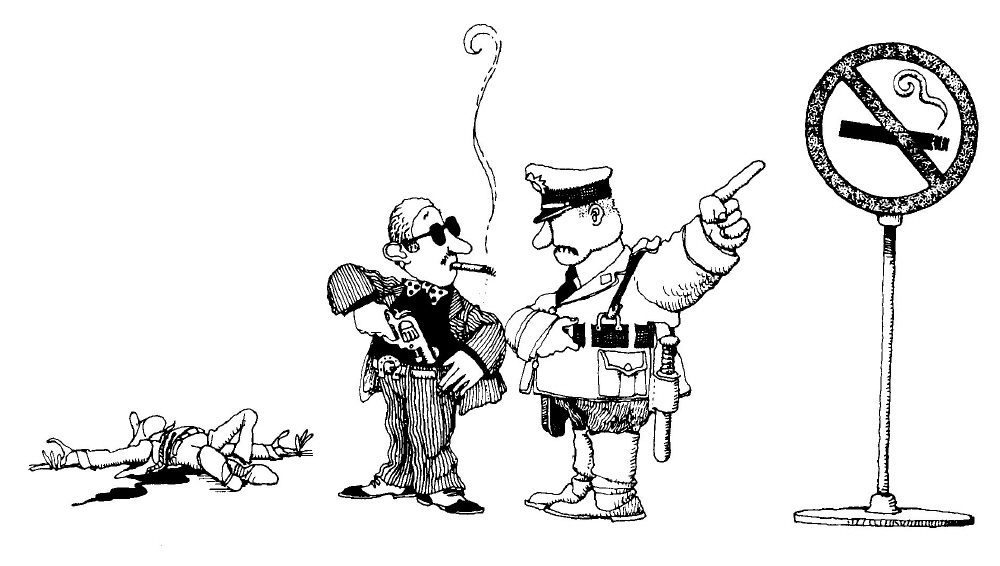Summary
Javier Milei has wasted no time… his economy minister, Luis Caputo, a former banker, unveiled measures to [cut public spending by 3% of GDP just 48 hours after taking office.] He devalued the peso, pledged to slash subsidies, and eliminated nine of 18 government ministries. One week later Mr Milei decreed that state-owned companies could be privatised, price controls would be eliminated, and labour laws reformed.
In the midst of Argentina’s worst economic crisis in two decades, this [flurry of activity] is intended to push the budget into surplus (before interest payments) by the end of 2024. The IMF to which Argentina owes $43bn, has noticed. On January 10th it agreed to restart pay-outs to the Argentine treasury, stating that Mr Milei’s government had “moved quickly and decisively” to “restore macroeconomic stability”.
But as well as striving for fiscal rectitude, Mr Milei is doggedly determined to destroy what he has dubbed “the caste”, a network of corrupt politicians, business cronies, media lapdogs and, most importantly, powerful unionists. On December 27th he sent a sprawling “omnibus” bill to Congress, designed to “free the productive forces of the nation from the shackles of the oppressive state”. It would allow Mr Milei to rule by decree for two years, change Argentina’s electoral system, and enforce prison terms of up to six years for those who organise protests that obstruct transport or damage property. All the better to break the caste. One month into Mr Milei’s presidency, the caste has started fighting back.
Lawyers are furious about plans for divorces to be fast-tracked through the civil registry without requiring their services; doctors hate a new requirement for them to preferentially prescribe generic medicines. Art types are protesting the closure of the national theatre institute and a national fund for the arts. Fishermen [and sugar producers] are cross [about deregulation]. Football clubs are manoeuvring to escape plans to turn them into limited companies in order to attract investment from what Mr Milei calls “Arab groups”.
But no group is more affected by Mr Milei’s shock therapy than Argentina’s trade unions, or more enraged by it. His labour reforms would kneecap them by requiring employees to opt-in to union membership, rather than having dues taken automatically… This would leave the unions out of pocket.
They are leading the pushback… Argentina’s largest union group, called a national strike for January 24th… The unions are fighting back through the courts, too. On January 3rd a court suspended the chapter on labour reform in the emergency decree…
Union opposition is not the only hurdle. To reach a primary surplus, Mr Caputo wants not just to slash public spending but also to raise annual revenues by 2% of GDP. He aims to build up the central bank’s net foreign-exchange reserves, which are $7bn in the red. He would do this by raising import and export taxes, and by using a crawling peg to the dollar which devalues the peso by 2% every month…
But Congress has not yet approved the tax rises, and revenues are cratering. Argentina is in recession. Last year GDP contracted by 2.7%, according to the World Bank…
Many analysts are beginning to fear that the 2% crawling peg is not enough, as prices rise faster than expected. Annual inflation surpassed 211% in December, higher than the rate in Venezuela. The peso is once again weakening on the country’s black market, which offers a route around currency controls. If another sharp devaluation looms, prices could rise even more.
It will also be difficult to pass much of the omnibus bill in its current form. Even with the support of centre-right parties, Mr Milei cannot muster a majority in Congress, which threatens his tax rises too. He is attempting hardball, nonetheless. Congress…
The mastermind behind much of this slash and burn, Federico Sturzenegger, a former central-bank president who advises Mr Milei, seems unbothered… Boldly, he claimed that the only way to change Argentina’s rotten economic structure is “to disarm it” and “drain it of its resources.” That will not sit well with the likes of Mr Moyano, his offspring, and the country’s caste.


